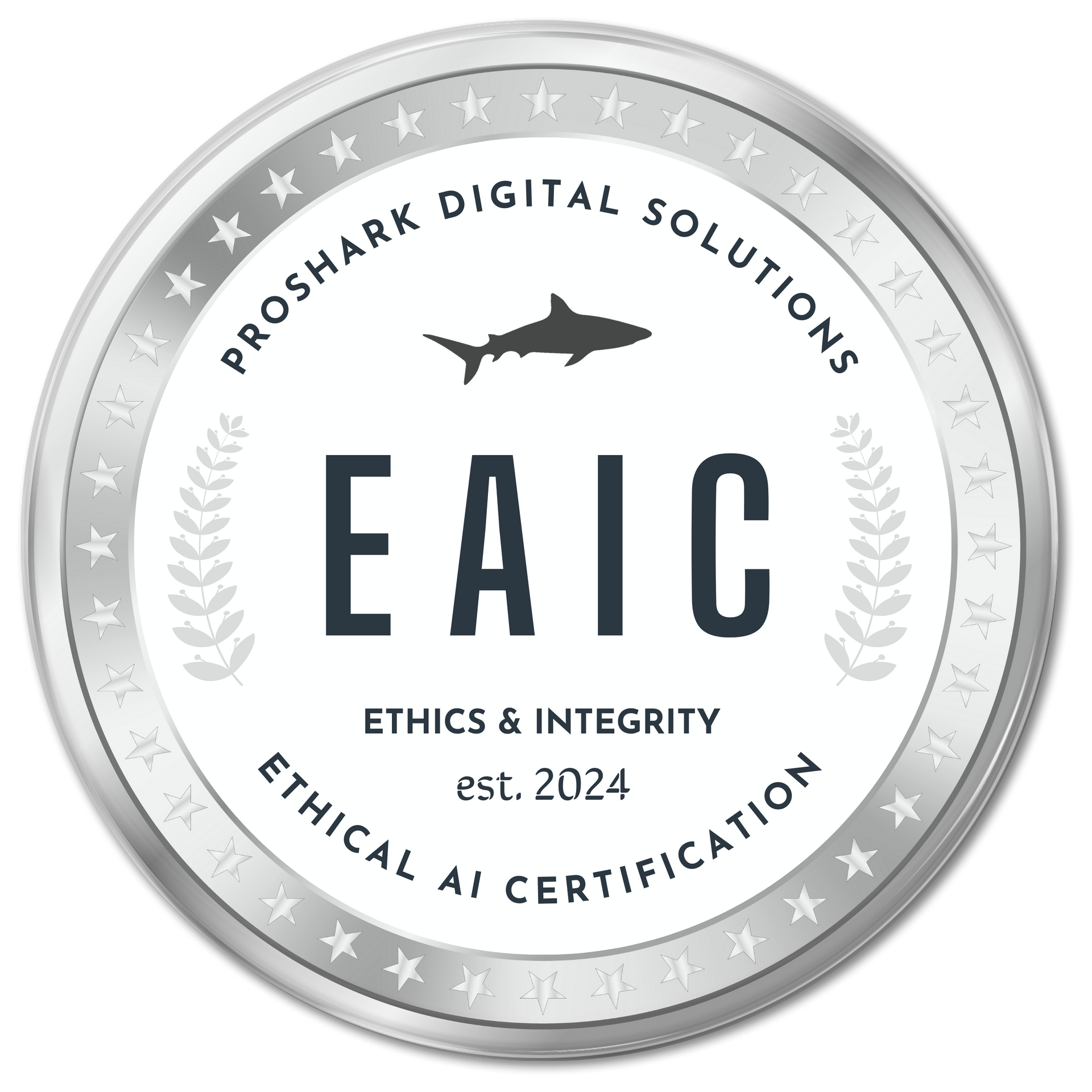In the ever-evolving landscape of digital marketing, the way online businesses engage with their customers is constantly changing. One of the most critical aspects of this engagement is funnel creation, which guides prospects through a company's marketing or sales process. As technology advances, so too does the potential for more sophisticated and effective funnels. In this blog, we will explore what the future holds for funnel creation in online businesses.

The Evolution of Funnel Creation
From traditional to digital, marketing funnels have undergone significant changes over the decades. Businesses have moved from one-size-fits-all approaches to more segmented and targeted strategies, allowing for greater efficiency and effectiveness. As consumer behaviors rapidly shift due to technological advancements and the increasing prevalence of digital platforms, marketers must adapt their strategies to stay relevant. Modern marketing funnels now incorporate a mix of brand awareness, engagement, and optimized conversion strategies, focusing on delivering value at every stage. By embracing these shifts, businesses can ensure they remain competitive in an ever-evolving landscape.
The modern marketing funnel has evolved to include multi-faceted, data-driven models that go beyond simple awareness-to-action strategies. As discussed in Modernising the Marketing Funnel for 2023, new data-driven models captivate audiences by providing personalized experiences tailored to individual preferences and behaviors. These insights allow businesses to better understand what motivates their customers, thus transforming the traditional funnel into a more nuanced journey. With the right application of digital tools and customer analytics, these modern funnels can translate into higher engagement and conversion rates.
The Role of AI and Machine Learning
Artificial intelligence and machine learning are revolutionizing how businesses approach funnel creation. These technologies enable companies to analyze vast amounts of data and derive insights that drive more personalized and predictive marketing strategies. AI tools can identify patterns in customer behavior, predict future actions, and suggest targeted marketing tactics. This shift towards an AI-driven approach not only enhances precision but also leads to higher efficiency in the funnel process. Consequently, businesses can focus on creating meaningful interactions that are not only timely but also contextually relevant to each potential customer.
By leveraging AI technology such as personalized product recommendations and predictive customer churn models, companies can vastly improve their funnel strategies. In fact, many leading B2C brands are already utilizing AI for such purposes, thereby crafting more personalized customer journeys that result in increased loyalty and higher lifetime value. The ability to automate and optimize different funnel stages through machine learning not only streamlines the entire process but also enhances the user experience, creating a seamless journey from awareness to conversion. As AI continues to advance, its role in funnel optimization is poised to expand significantly.
Furthermore, the strategic implementation of AI-powered analytics could allow businesses to forecast marketing trends, helping them stay ahead of the curve and maintain a competitive edge. Tools like AI-driven Customer Journey Analytics offer actionable insights into customer behavior, allowing companies to fine-tune their approach and deliver content that truly resonates with their target audience. By integrating AI into their funnel strategies, businesses can turn data-driven insights into proactive marketing initiatives that foster deeper connections with their customers.
Leveraging Automation for Efficiency
Automation tools are streamlining funnel creation processes, allowing businesses to implement workflows that automatically guide leads through various stages of the funnel with minimal human intervention. This increases efficiency and accuracy in targeting potential customers. Automation enables businesses to nurture leads more effectively by using scheduled follow-ups, personalized content delivery, and dynamic retargeting strategies. With the help of these tools, marketers can better manage their campaigns and spend more time on strategy rather than execution, ensuring a more refined and effective funnel.
The efficiency brought by automation is particularly significant in areas such as email marketing, where personalized sequences can be triggered based on user behaviors, such as abandoned carts or repeat visits. This targeted approach ensures that each user receives relevant content tailored to their previous interactions, thereby enhancing the chances of conversion. Automation within the funnel thus transforms complex lead-management and customer-nurturing tasks into streamlined operations, freeing up valuable time and resources that can be reallocated to optimize other aspects of the business.
Personalization and User Experience
As consumers demand more personalized experiences, businesses are focusing on creating highly customized funnels. Leveraging data-driven insights, companies can tailor their messaging and engagement tactics to meet the specific needs and preferences of individual customers. Personalization within funnels ensures that every touchpoint speaks directly to the user, fostering stronger connections and building brand loyalty. This approach is critical in converting prospects into loyal customers, as personalized content is far more likely to resonate and drive action than generic messaging.
Advanced personalization techniques also facilitate the crafting of user experiences that not only engage but also delight. By understanding customer journeys in-depth, marketers can anticipate what users need at each stage and deliver exactly that through tailored content and offers. With tools like AI and machine learning now part of the arsenal, personalization strategies have reached new heights, offering businesses an unparalleled opportunity to foster meaningful engagements that ultimately lead to higher conversion rates.
User experience (UX) is another key element in the personalization of funnels. A well-optimized UX design should ensure that users can easily navigate through their journey, find relevant information swiftly, and take desired actions seamlessly. This involves everything from intuitive site architecture, clear calls-to-action, to responsive design elements that enhance mobile-friendliness. Businesses like Proshark are leading the charge in this area, using cutting-edge technology to develop digital experiences that power conversion-centric sales funnels.
Integrating Multi-Channel Strategies
To maximize reach and engagement, businesses are adopting multi-channel funnel strategies. By integrating various platforms and communication channels, companies can ensure consistent messaging and seamless customer journeys across touchpoints. This approach acknowledges the fact that modern consumers interact with brands through various means, such as social media, email, websites, and apps. By creating an omnichannel presence, businesses are better positioned to reach potential customers wherever they are, thus enhancing their engagement and likelihood of conversion.
A holistic multi-channel strategy allows companies to capture data from multiple sources, providing a comprehensive view of customer behavior. This influx of data can then be analyzed to identify patterns, preferences, and prevalent trends, allowing businesses to further refine and optimize their funnel strategies. The ability to understand interactions across different platforms is invaluable, as it reveals insights that might be overlooked by focusing on isolated channels. By integrating their digital marketing efforts, businesses are better equipped to deliver personalized and impactful experiences that drive results.
Adopting a multi-channel strategy also provides businesses with the flexibility to pivot and adapt to shifting consumer behaviors quickly. For instance, if a specific channel sees a surge in engagement, businesses can allocate more resources and effort toward maximizing its potential. This dynamism is crucial in today's fast-paced digital environment, where trends can change rapidly, necessitating agile responses to maintain interest and relevance. With tools and services from platforms like Proshark, businesses can access expertise that helps to further bolster their integrated funnel strategies.
Embracing the Funnel Evolution
In conclusion, the future of funnel creation for online businesses looks incredibly promising. With advancements in technology, businesses can craft more personalized and automated funnels, leading to better consumer engagement and higher conversion rates. As digital marketing continues to evolve, adapting to these new trends will be crucial for businesses looking to stay competitive in the online marketplace.



All rights reserved © 2004-2024 Proshark • Privacy Policy • Messaging Policy • Terms of Service • Advertising TOU




